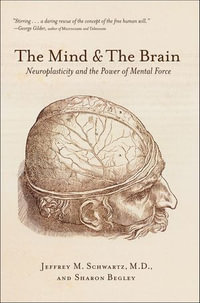Could a single human being ever have multiple conscious minds? Some human beings do. The corpus callosum is a large pathway connecting the two hemispheres of the brain. In the second half of the twentieth century a number of people had this pathway cut through as a treatment for epilepsy. They became colloquially known as split-brain subjects. After the two hemispheres of the brain are cortically separated in this way, they begin to operate unusually independently of each other in the realm of thought, action, and conscious experience, almost as if each hemisphere now had a mind of its own. Philosophical discussion of the split-brain cases has overwhelmingly focused on questions of psychological identity in split-brain subjects, questions like: how many subjects of experience is a split-brain subject? How many intentional agents? How many persons? On the one hand, under experimental conditions, split-brain subjects often act in ways difficult to understand except in terms of each of them having two distinct streams or centers of consciousness. Split-brain subjects thus evoke the duality intuition: that a single split-brain human being is somehow composed of two thinking, experiencing, and acting things. On the other hand, a split-brain subject nonetheless seems like one of us, at the end of the day, rather than like two people sharing one body. In other words, split-brain subjects also evoke the unity intuition: that a split-brain subject is one person. Elizabeth Schechter argues that there are in fact two minds, subjects of experience, and intentional agents inside each split-brain human being: right and left. On the other hand, each split-brain subject is nonetheless one of us. The key to reconciling these two claims is to understand the ways in which each of us is transformed by self-consciousness.
























